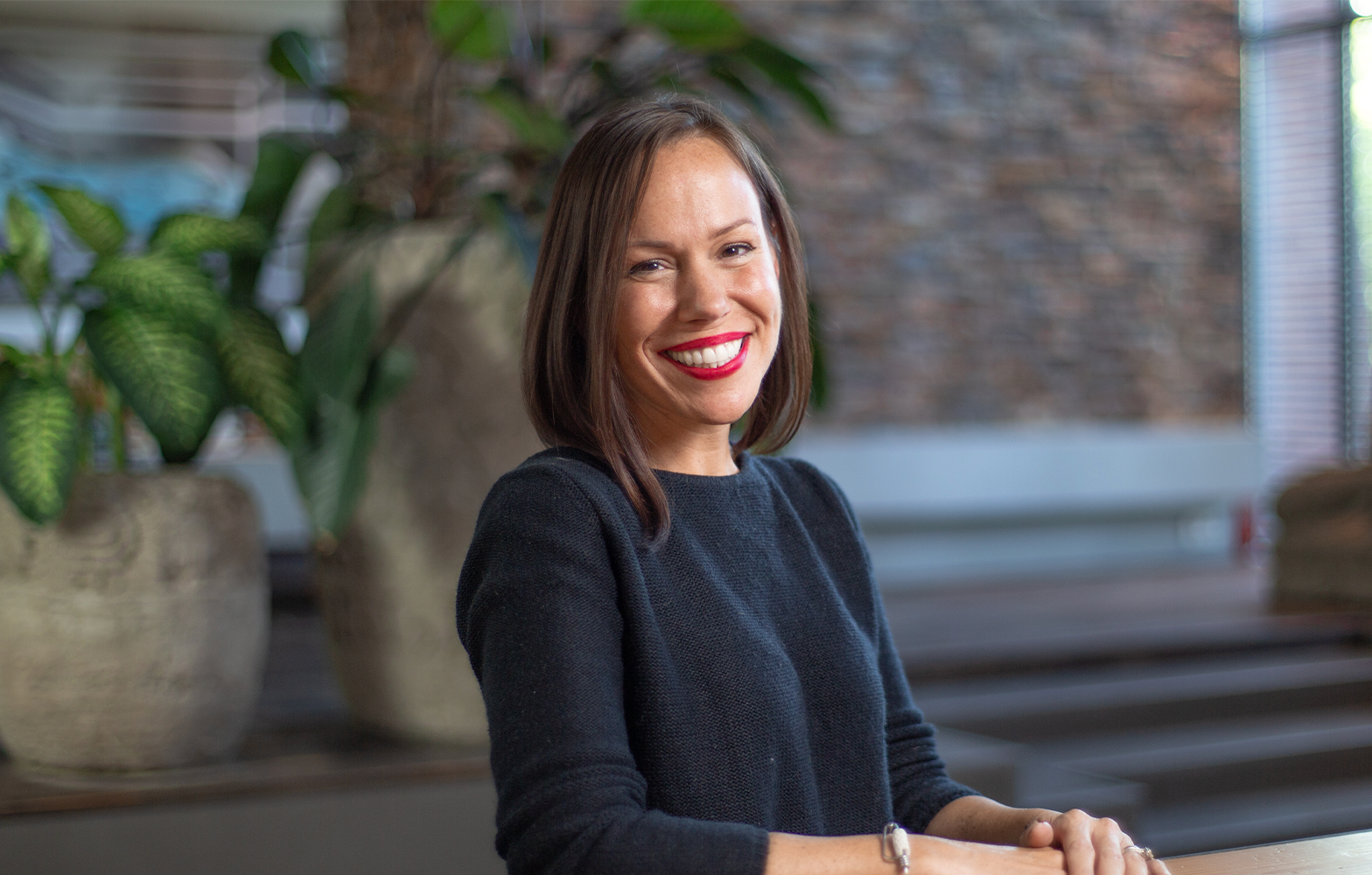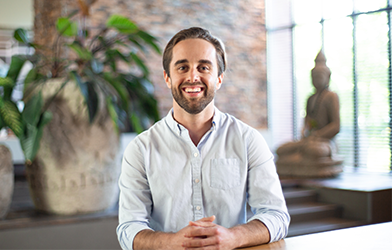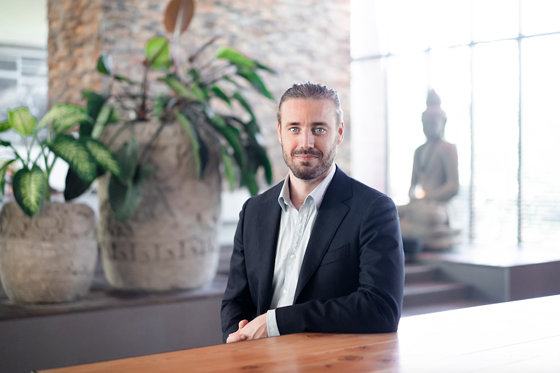The Explorer’s Edge A Monthly Community Gathering Dedicated to Psychedelic Education DECEMBER 2022 Edition | NEW YEAR, NEW HORIZONS, NEW POSSIBILITIES
Featuring Rachel Aidan (Synthesis CEO) and Myles Katz (Synthesis Co-founder)What Makes Synthesis Possible - What Synthesis Makes Possible
New Year, New Horizons, New Possibilities - Five Key Insights
1. Psychedelics are not a shortcut — or an escape.
To engage with psychedelics is to embark on a journey that will come with peaks and valleys. It can be difficult to face what we carry and how we cope with it, and it’s crucial to have compassion for how we may protect ourselves from processing our pain. We must recognize and respect the power of psychedelics to potentially destabilize our defense mechanisms. There are steps we can take to prepare ourselves for the vulnerability that can attend a psychedelic experience.
2. Preparation and integration are not one-size-fits-all.
Psychedelics can be powerful allies for learning to self-regulate through state changes, but everyone has a different process and timeline for preparation and integration. Sometimes, we can’t really even know what we need until we are on the other side of an experience. In preparation to embark on a psychedelic experience, we also consider our existing community and support system: What kind of landscape will be waiting for us upon re-entry? That’s why Synthesis endeavors to provide education and tools for ongoing integration.
3. Facilitation is a collaboration.
There are many ways of knowing, and incredibly qualified legal practitioners can be found both within and outside clinical contexts. Facilitating a psychedelic experience is a team effort, and people from many backgrounds, lineages, communities, and wisdom traditions are needed to hold space for the spectrum of humanity. All qualified psychedelic facilitators require knowledge of ethics and trauma-informed care, personal practices that help them center, integrate, and show up for others, and a robust referral network of peers and colleagues who can offer complementary means of support. From that broad and solid foundation, an abundance of specialization and expertise is possible — and needed.
4. Legal frameworks provide a limit, but not a guarantee.
The laws under which Synthesis operates determine who is eligible to receive what types of care. For example, in the Netherlands, the law explicitly states that truffles containing psilocybin are not medical or healthcare products, while the emerging Oregon model legalizes psilocybin services for those whose contra-indications may have precluded them in the past. But while legality can create new opportunities, when it comes to responsible access, the letter of the law is not always what is sustainable or supported by research outcomes. As more legal frameworks develop, the intricacies of available care will continue to evolve.
.
5. There is no one right way, but there is a wrong way.
Just as there are many ways of knowing, there are many ways to envision emerging models for legal access. It is sometimes incredible to consider just how much access has expanded since Synthesis' founding in 2018. But while this historically unprecedented moment is potent with possibility, it is also fragile. Not everyone requires the same conditions or needs the same psychedelic care. Many eyes are watching these early steps into an uncertain future, and the stakes are too high to stumble. We must be steady. Tempting as it may be, it is imperative not to rush in response to need and to move at the speed of safety rather than legality or demand.

GUEST SPEAKER
PhDc. RACHEL AIDAN
Rachel Aidan is a prosocial entrepreneur with over two decades of professional experience working on projects in the United States, East Africa, and Europe. Her personal experience with 20 years of complex trauma led her through a 25-year journey using a variety of modalities and psychedelics. Now, as a founding team member and CEO of the Synthesis Institute, a legal psilocybin retreat center based in Amsterdam, she is dedicated to bringing a safe, legal, and healing space to those interested in exploring the therapeutic potential of psychedelics to create a more compassionate, just, and sustainable world.
Rachel holds a B.A. in Transformative Education & Leadership, M.A. in Clinical Mental Health Counseling and Mindful Trauma-Informed Leadership, and a Ph.D. in Integral/Transpersonal Psychology at the California Institute of Integral Studies, with research focused on psilocybin-assisted treatment for PTSD and Complex Trauma. She has been asking, “How do we transform trauma into leadership for the greatest good?”

GUEST SPEAKER
MYLES KATZ
Co-Founder

HOST
MARTIJN SCHIRP
Co-Founder &
Chief Visionary Officer
Martijn has championed the vision of Synthesis since he co-founded the organization in 2018. Formerly CEO and now Chief Visionary Officer, he has stewarded Synthesis from an early concept to a maturing organization with the mission of making professional, legal, and ethical psychedelic experiences accessible. Under Martijn's leadership, Synthesis' began its development of "The Synthesis Way,' a wisdom-inspired, science-informed, and ethically sound retreat container pioneered via an interdisciplinary and non-directive approach to facilitation that acts as the foundation for all of the organization's retreats and training programs.
The Explorers Edge
A Monthly Online Community Gathering Dedicated to Psychedelic Education
The Explorer’s Edge exists to educate people on a vast array of relevant and timely psychedelic topics. Each month we will gather in a live, online community forum and focus on the exploration of a topic, aiming to create a safe and inspiring place where people from around the globe can plug into the pulse of the modern-day psychedelic movement by gaining access to relevant information, trusted experts, and valuable insights into the potential rewards and risks of psychedelics as told through the experiences of those on the leading edge of the psychedelic resurgence.
Whether you are a seeker or a psychonaut, a psychedelic doubter or believer, or somewhere in between, we applaud your curiosity and welcome you on this journey.